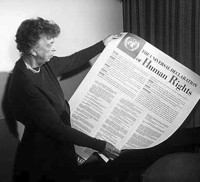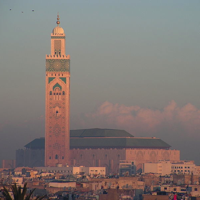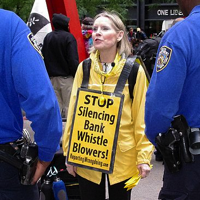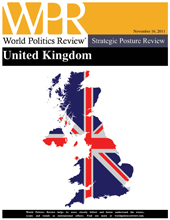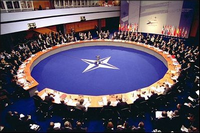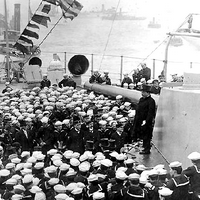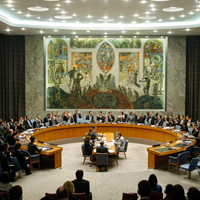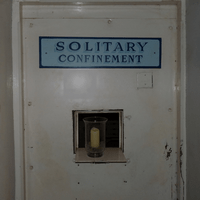
In July, a group of prisoners in the Security Housing Unit (SHU) of California’s Pelican Bay State Prison went on a hunger strike to protest their conditions of confinement. Central to the prisoners’ complaints was the fact that for years and, in some cases, for decades, they have been held in prolonged and indeterminate solitary confinement with few privileges and opportunities to engage in productive programming and activities. Importantly, as one prisoner put it in a letter to the informational website Solitary Watch, they were asking for “human justice, . . . fairness, compassion, positive reform, dignity . . . […]

